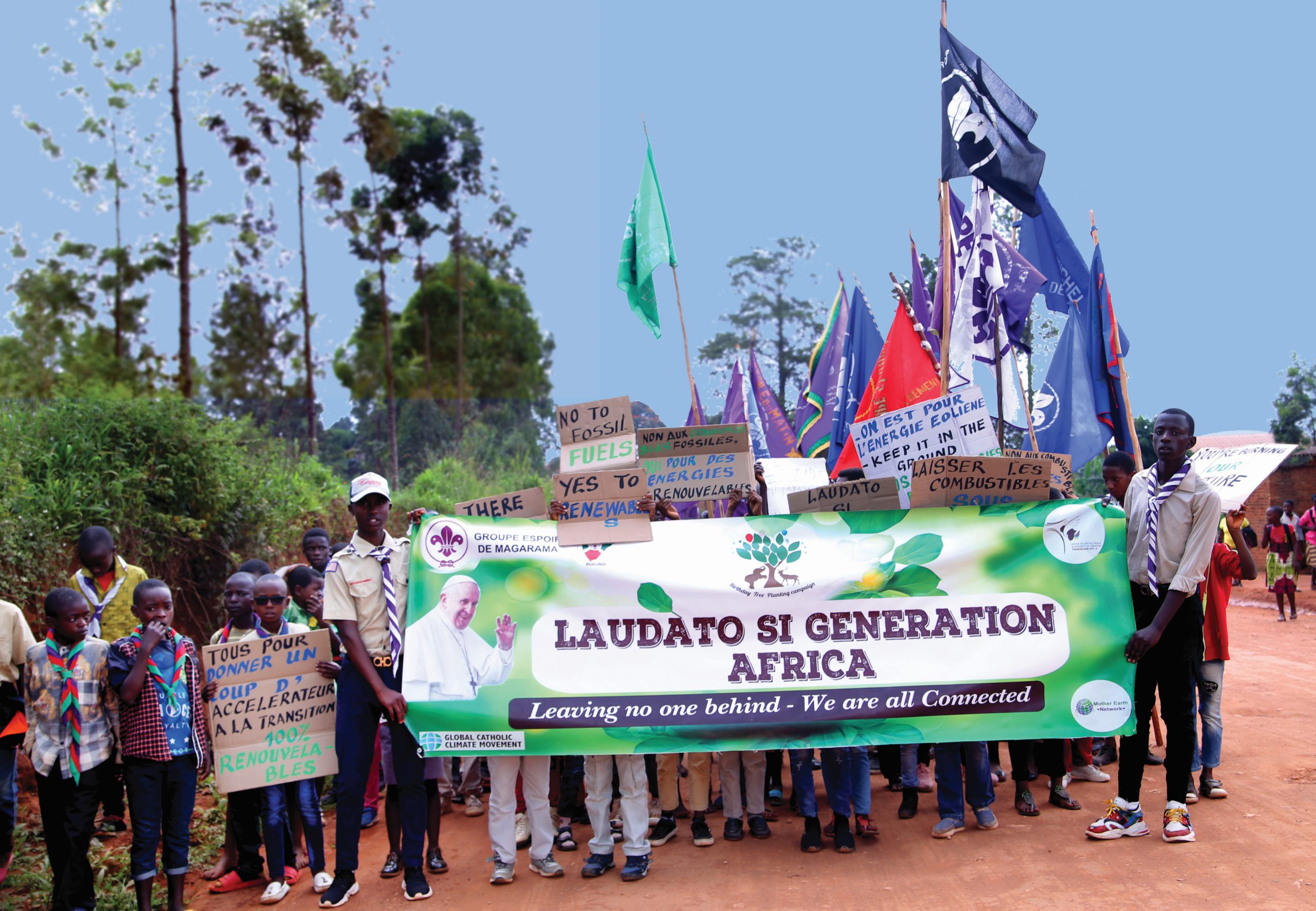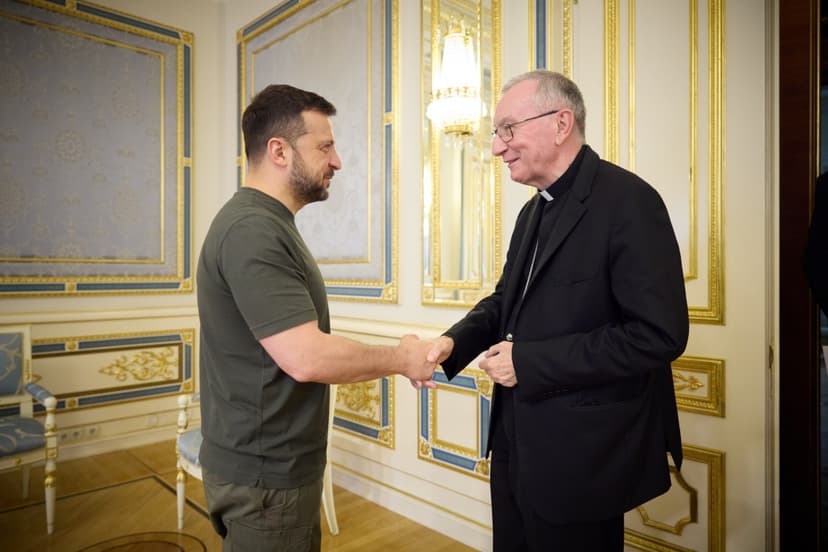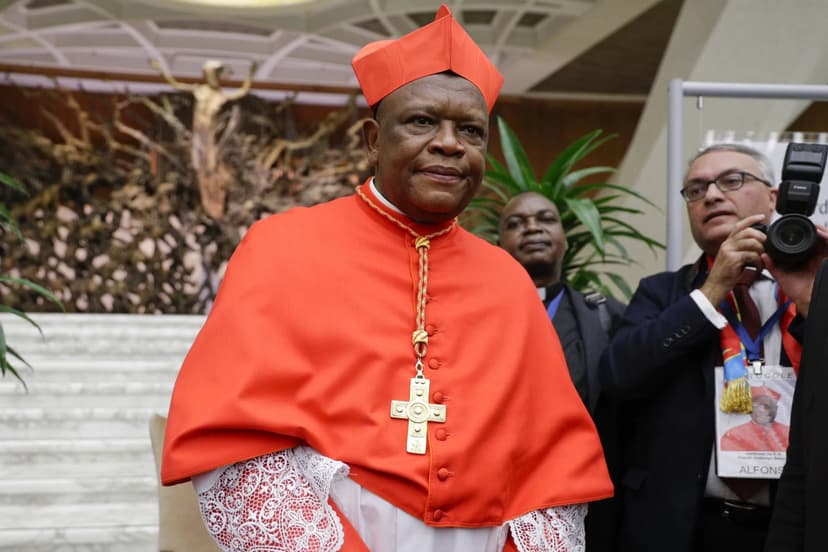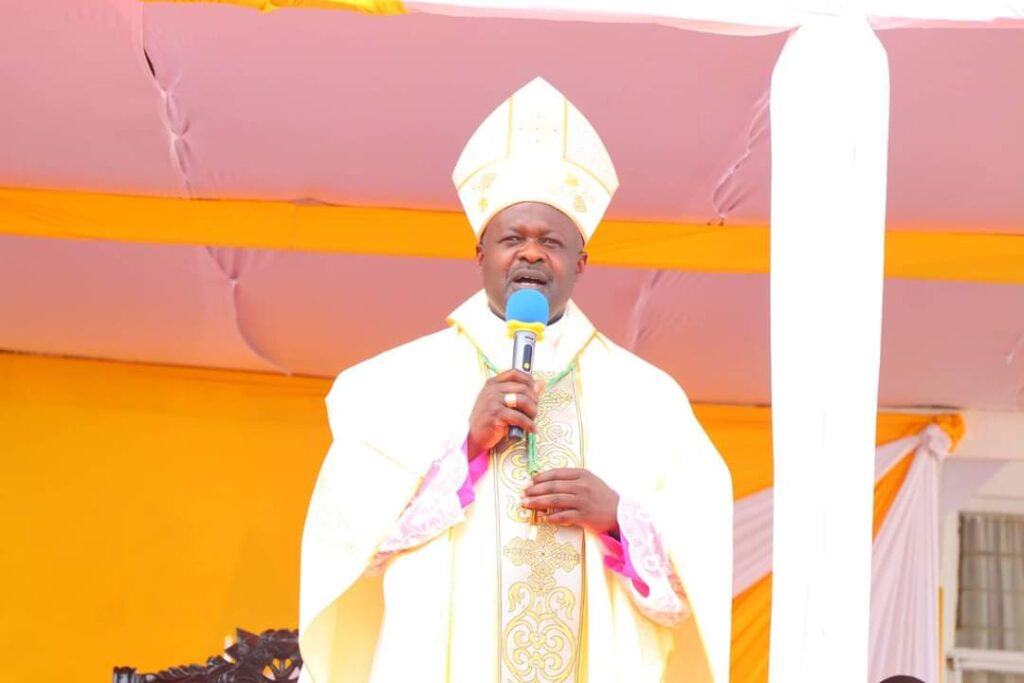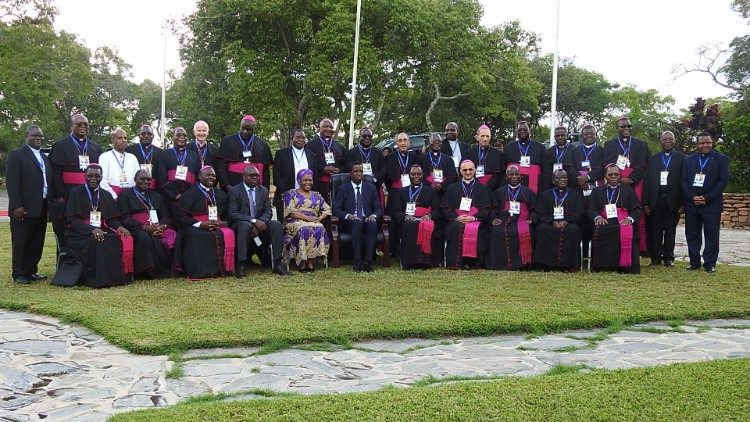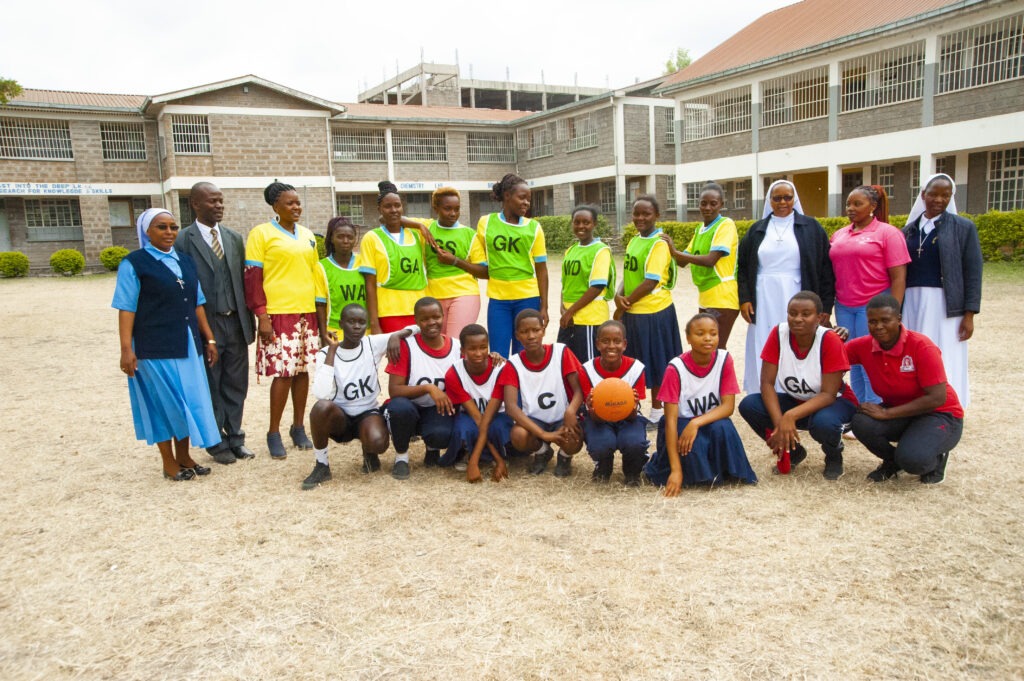Pope Francis’ recent teachings on ecology complement what the Catechism of the Catholic Church says about being Christian, adding that it is our responsibility to care for creation and not to ‘steal’ resources from future generations. He stresses the intrinsic value of all creatures, not just humans, and the duty we have to protect the climate and biodiversity, as part of the common good. Catechists, thanks to their laicity, should become champions in this field.
In Africa, we are particularly indebted to our catechists who have helped to expand our parishes and churches. There have never been enough priests or religious to serve the needs of our growing Catholic communities. So, many lay men and women have been the ‘right hands’ of the priests and religious in helping new members of the Church to grow in their faith. Poorly paid – if they are paid at all –, theirs has been a labour of love and self-sacrifice, as they give their all to their Christian community. Their families have often not been able to afford any luxuries, as one parent is working for the Church. One of my close lay co-workers has told me often enough: “You will never get rich working for the Church”.
From preparation to receive the sacraments…
 As the son and grandson of catechists, I thought that I knew all there is to know about catechism and the ministry of catechesis. During the Second World War, my grandmother used to cycle from village to village teaching catechism. When I was growing up, my mother taught catechism at the parish, and she once had the misfortune of having me in her class.
As the son and grandson of catechists, I thought that I knew all there is to know about catechism and the ministry of catechesis. During the Second World War, my grandmother used to cycle from village to village teaching catechism. When I was growing up, my mother taught catechism at the parish, and she once had the misfortune of having me in her class.
As I saw it, the job of the catechist was to prepare people to receive the sacraments. In my grandmother’s generation, this meant teaching them the creed and the various prayers and lists that their students had to know. Once these were memorised, the students were ready to receive the next sacrament.
When my mother was teaching (after the Second Vatican Council – 1962–65), the emphasis had moved away from memorisation of doctrines to helping the children to grow in an age-appropriate relationship with Jesus and the Church. For example, when the children were able to recognise themselves as sinners and yet loved and forgiven, they were ready to make their First Confession, etc.
… to a wider vision of the Church’s mission
Certainly, as in most things in the Church, the ministry of catechesis moves with the times, and benefits from the insights of whatever age the world is passing through. For instance, in the last years, especially since the publication of Pope Francis’ encyclical letter Laudato si’ – Care of our common home (May 2015), Catholics have understood more clearly that our common home needs intensive care, and that we need to care for each other, because everyone is vulnerable to Covid-19. The global ecological and health crises are affecting each one of us, and, as Christians, we need to respond with a solidarity informed by our faith.
 We may think that there is nothing new or extraordinary in Pope Francis’ apostolic letter Antiquum ministerium’ (AM), establishing the Lay Ministry of Catechist. Yet, he wrote that catechists should be “active participants in the life of the Christian community”. Since Catholic communities are now so involved in caring for the welfare of our planet, I am sure that catechists need to be active participants in this ministry of the wider Church. At least, part of the labours of catechists can show how we need to look after the earth, our Sister and Mother. Giving an example of love for nature is one way to inspire younger Catholics to take this aspect of our Christian vocation seriously.
We may think that there is nothing new or extraordinary in Pope Francis’ apostolic letter Antiquum ministerium’ (AM), establishing the Lay Ministry of Catechist. Yet, he wrote that catechists should be “active participants in the life of the Christian community”. Since Catholic communities are now so involved in caring for the welfare of our planet, I am sure that catechists need to be active participants in this ministry of the wider Church. At least, part of the labours of catechists can show how we need to look after the earth, our Sister and Mother. Giving an example of love for nature is one way to inspire younger Catholics to take this aspect of our Christian vocation seriously.
We are being presented with an exciting opportunity for the long-established ministry to become more creative and responsive to the grass-root concerns of ordinary parishioners. Maybe, with this more established ministry of Catechist in the Church, some of the teachings will come out of the classrooms, move their classes outside, and experience the many benefits of outdoor learning.
It is not the purpose of the catechist to be all things to all people. Like the priests, “they were not established by Christ to undertake by themselves the entire saving mission of the Church to the world” (AM 11). They are co-workers in a pastoral team, giving their specific lay-person’s input and perspective.
Closer to the poor
But often lay people are much closer to “the joys and the hopes, the griefs and the anxieties of the men and women of this age, especially those who are poor or in any way afflicted” (Vatican II, Pastoral Constitution of the Church in the Modern World, 1), and they can see much more clearly what needs to be done to help to heal the world.
If there is a drought or a flood, lay people are often much closer to the event than priests or religious. They can roll up their sleeves and show by example what the Christian response should be. This is potentially a much more powerful lesson than any amount of teaching in a classroom.

